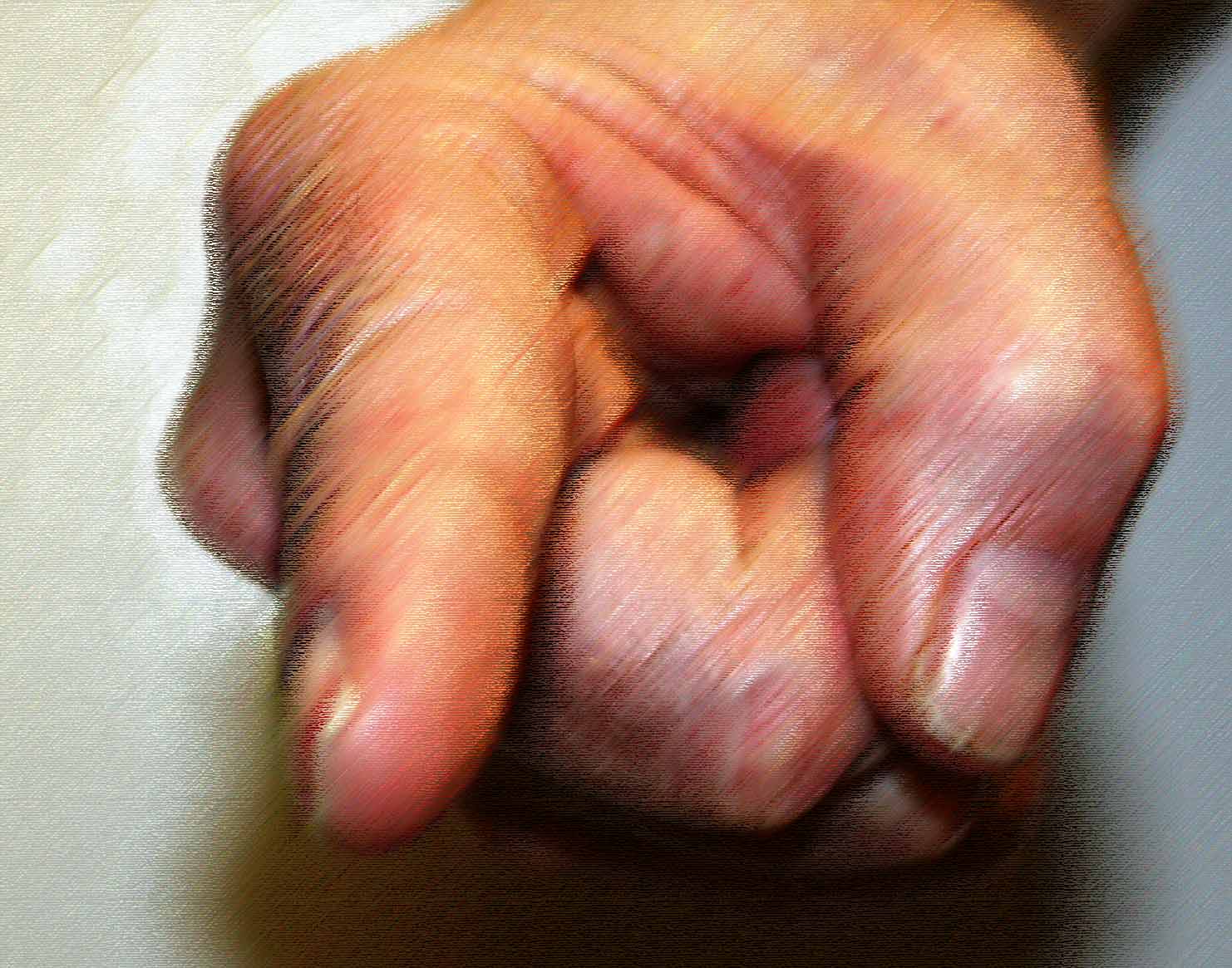
Accepting someone may require more than just loving them as they are. There are times when accepting and loving someone involves “intervention.” We may need to help them deal with something in their lives that is tearing them up, even though they don’t recognize it.
This kind of love plays out in a passage out of Luke (Luke 7:40-50). Jesus is at lunch at a Pharisee’s house who invited him. An unexpected guest shows up and rocks the whole scene. (See my previous post about it here.) Jesus had already accepted the guest – a woman with a bad reputation and a contrite heart. Now, it was time to deal with his host.
The person who invited Jesus to lunch probably had a “hidden agenda.” The things that Luke tells us about his thoughts seem to me to be the result of a carefully planned activity. Judging Jesus was part of the plan. I have always wondered how the woman of ill repute ended up at the Pharisee’s luncheon. I can’t help but suspect that the Pharisee paved the way for her to show up and interact with Jesus. The whole idea was to see what Jesus did. When Jesus did what they feared he might do, he and his friends got on their high horses and got ready to take this country bumpkin to the woodshed.
So, Jesus met him head-on, attempting to help the deceitful host get past his judgment to become part of God’s work again. I don’t know about you, but I’m not a confrontational type. I will avoid it as long as I can. Jesus didn’t wait. He dove right in.
The parable is simple, but the implications are tremendous. The Pharisee gets the right answer – he’s “right” in one sense. Jesus then proceeds to show this self-righteous man an example of how best to treat a royal guest – an “in your face” reprimand of the man’s arrogant heart. He uses the woman of ill repute to show the Pharisee the “right” way to behave! The irony is amazing, and the Pharisee and the rest of his guests can not miss the meaning.
As I’ve already mentioned, I don’t think Jesus’ intent was to insult or denigrate the man. It was to jar him out of his pompous mentality and begin to look at himself honestly. The Pharisee would have a hard time gain-saying what Jesus pointed out. So, he would have to reckon with it. That’s not a bad place for this ultra-religious person to start.
For many of us, the real start of our spiritual turnaround is usually when we feel the most sinful and helpless. It was apparently true for the woman. I hope it turned out to be that way for Jesus’ host. Because that’s when forgiveness and healing can begin. That’s also how our love for God grows, per Jesus’ parable. Interestingly, God offers forgiveness continuously through his son. It is up to us to just accept it for the healing and love to flow.
In God’s eyes, the woman and the host stood on equal footing. Both were sinners in need of his grace – one for her fleshly excesses and the other for his spiritual pride. Both were equally welcome to his grace and forgiveness. Jesus offered it to both. We know the woman took the offer. We don’t know about the Pharisee.
Reading this passage makes me take a moment to ask myself how I see myself, and how it aligns with God’s view of me. I know a lot about what scripture says, but believing it is another matter. The Pharisee measured himself by human standards, and failed to recognize his need of God’s grace because he did so. Am I doing the same thing? I hold myself to a very high standard, and all too often, I begin to believe my own estimation of myself and doubt what I know of God’s. In doing so, I think more of my own religiosity and less of God’s love, kindness, and gentle correction.
Jesus says, “whoever has been forgiven little loves little.” In understanding our own sinfulness, we have a chance to seek the forgiveness he offers and learn to love him more because of it. That fits with what I want in my heart to do – love Jesus more.
So, maybe it’s time for an intervention! Maybe it’s time to let God love us in an interactive sort of way. It’s time to ask God to show us who we are, and let him teach us more about his grace and forgiveness. We will learn to love him all the more because of it.